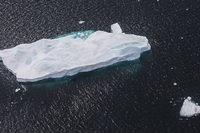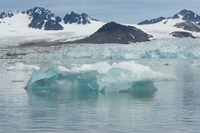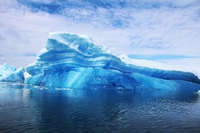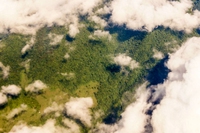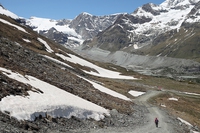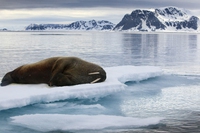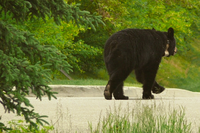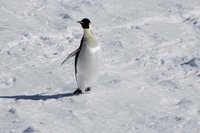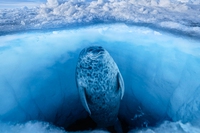
Photographer Paul Nicklen opens a gallery devoted to environmental protection
National Geographic photographer Paul Nicklen has opened his first gallery in the city of New York, United States. It focuses on animals, the environment and the risks they both face due to climate change through images shot in diverse areas of the world including the Arctic and Antarctica. I’m taking over the @pewenvironment account this week, starting today on
